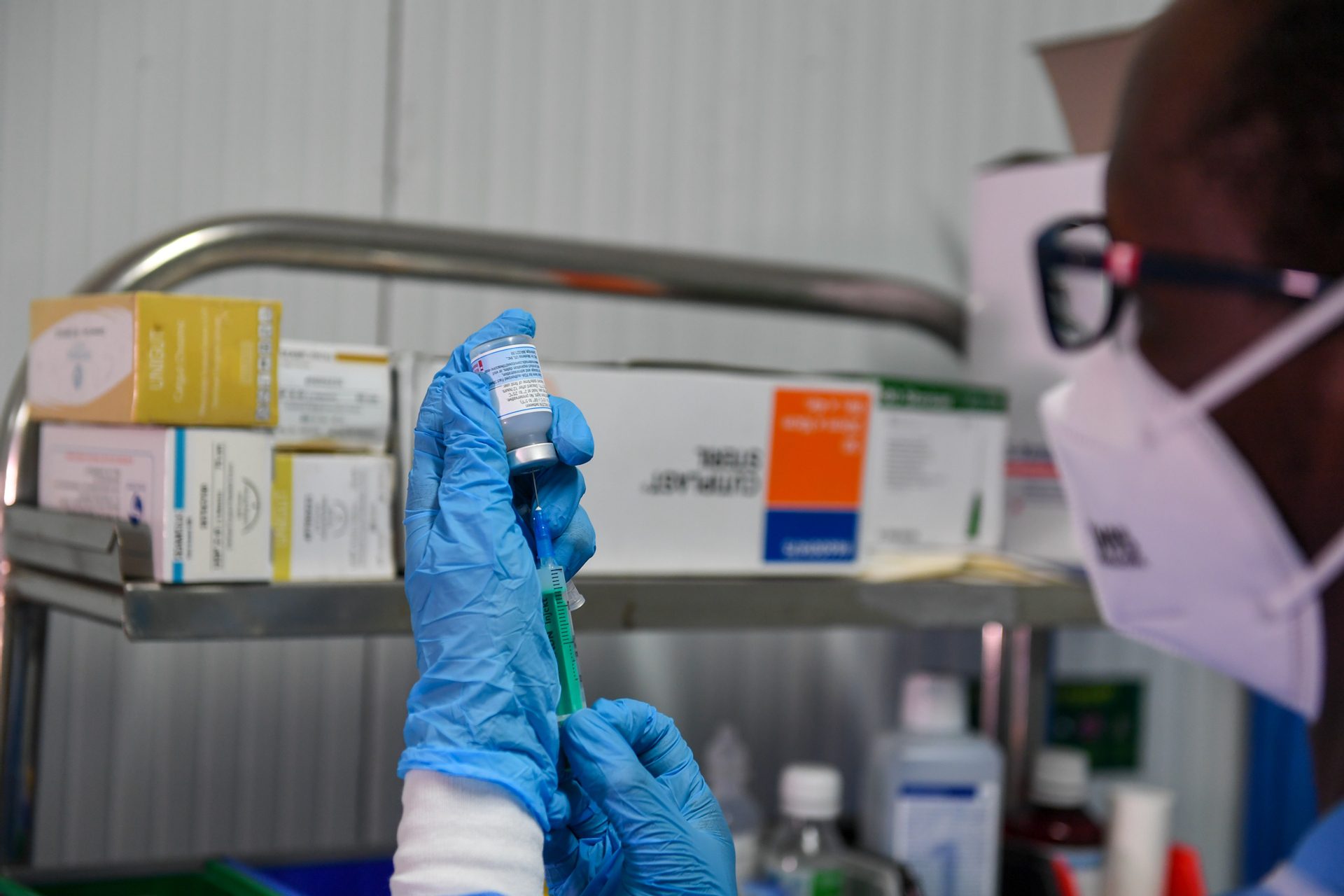On 13 August 2024, the Africa Centre for Disease Control and Prevention (ACDC) declared Mpox a public health emergency of continental security (PHECS), a decision that empowers the organization to lead and coordinate responses to the health emergency. This declaration came in the wake of increasing cases of a more deadly strain of the monkeypox virus in multiple African countries. The African Union (AU), through the ACDC, is responsible for the prevention and control of diseases on the continent. However, the AU continuously relies on aid from the Global North to manage its public health needs. There is an urgent need for a sustainable, long-term strategy to manage public health on the continent that does not involve relying on the goodwill of higher-income countries.
A World Health Organization (WHO) report on factors that contributed to the undetected spread of the Ebola virus in 2014 highlighted the crucial roles of international partners, charities, and donors in managing the outbreak, revealing an over-reliance on external intervention. Similarly, the African Union’s strategy for managing the Mpox outbreak was hinged on donations and technical support, which took a while to secure.
In the Democratic Republic of Congo, which is the epicenter of the outbreak with over 95 percent of the cases, Mpox vaccines were first administered on 5 October 2024, fifty-three days after Mpox was declared a public health emergency of continental security. This delay was in part due to a regulatory roadblock from the WHO.
The absence of a functional continental regulator for medicines and vaccines places the responsibility of approving vaccines for use on the WHO. Notably, Mpox vaccines were already in use and stockpiled in parts of the Global North, where existing regulatory bodies such as the Food and Drug Administration and the European Medicines Agency oversee their approval processes. For Africa to adopt this same approach, the Africa Medicines Agency (AMA) must become functional.
The treaty for the establishment of the AMA was adopted in 2019. However, efforts to make the agency functional have largely stalled due to a lack of resources and delays in the ratification of the treaty by member states. African leaders need to champion the ratification of this treaty in their countries and make financial commitments to the agency to make it an efficient and well-run institution.
It is trite to note that an operational regulatory body is not a silver bullet in managing public health emergencies. Making the AMA operational without commensurate efforts to improve vaccine development and production in the region might translate into minimal improvements. Hence, why it is urgent to invest heavily in research and development of vaccines and other essential medicines on the continent.
The funding for the investment can come from diverse sources, including member states of the AU, foreign direct investment by foreign investors and governments, corporations within the health sector, and academic institutions. Funding should be channeled into the training of African scientists and research in genetics, environmental health, and traditional medicines.
These investments will ensure that medical products from Africa are made for Africans by Africans to eradicate diseases endemic to Africa and build resilient health systems that are tailored to the unique needs of Africans. More so because continental production of vaccines and essential medicines will aid the control of diseases, boost economic growth, and increase employment opportunities on the continent.
Tèmítọ́pẹ́ Bọ́ládalẹ́ is a writing fellow at African Liberty.
Article first appeared on ModernGhana.
Photo by Amisom via Iwaria.

